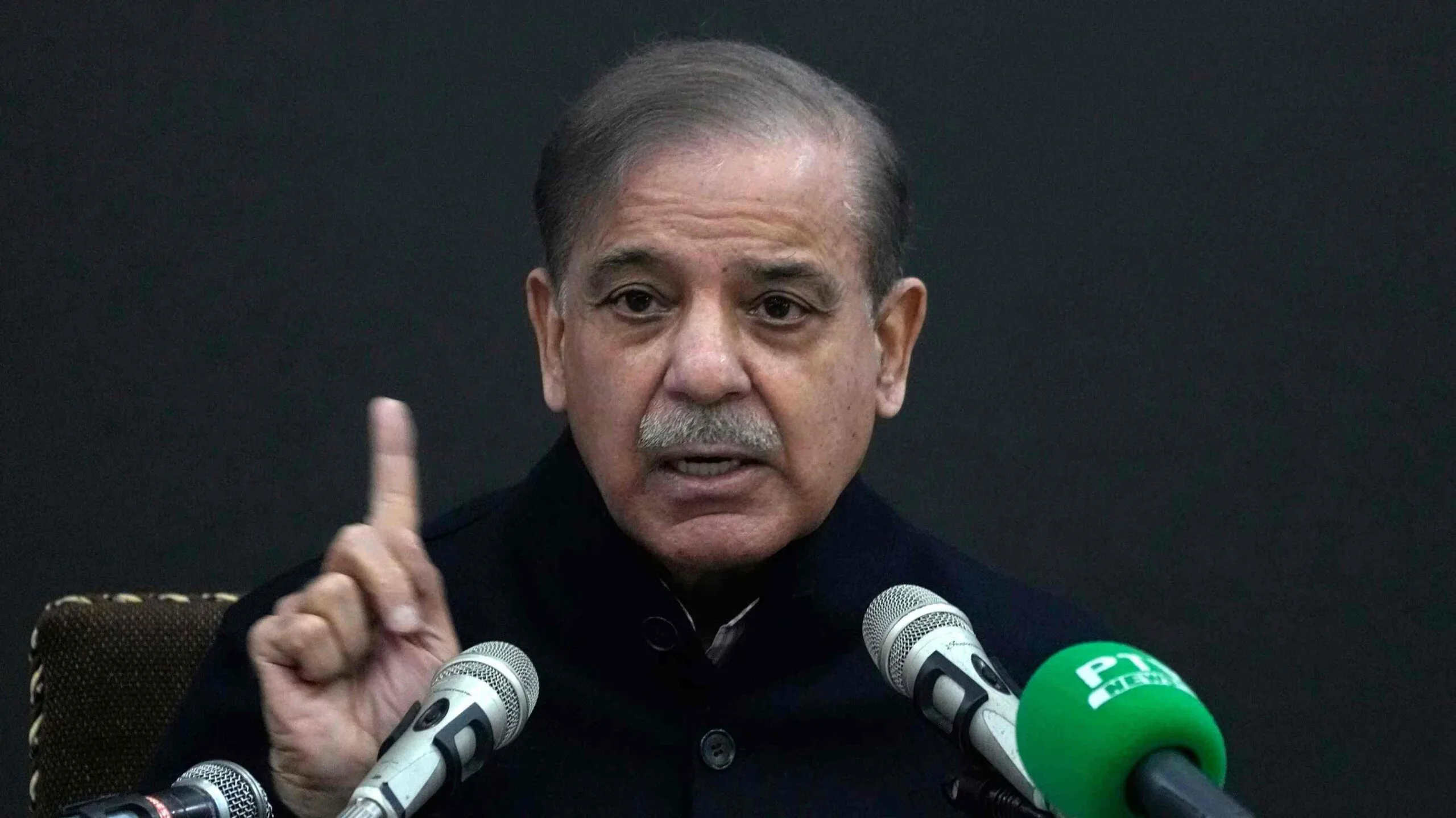
Pakistan is aiming to reduce its power sector expenditure by $17 billion over the next decade through a sweeping overhaul of its national energy development strategy. The government announced Thursday that it would exclude nearly 8,000 megawatts of expensive power projects from the 2024–2034 Indicative Generation Capacity Expansion Plan (IGCEP), shifting focus to locally sourced and renewable energy.
The decision, reviewed during a high-level meeting chaired by Prime Minister Shehbaz Sharif in Islamabad, is part of broader efforts to bring down electricity tariffs and bolster energy sector sustainability. The revised blueprint prioritises solar, hydropower, and nuclear options over projects dependent on imported fuels, in a bid to conserve foreign exchange reserves.
Officials also discussed reducing capacity payments to power producers while introducing market-based reforms aimed at enabling competitive electricity pricing. The plan calls for a move away from direct contracting to a system of open bidding for future power generation projects.
Sharif called for swift completion of major infrastructure initiatives, including the Diamer Bhasha Dam, and said that delays in energy development would not be tolerated.
The meeting included key ministers overseeing power, economic affairs, petroleum, and information, alongside senior civil servants.
US President Donald Trump today claimed 48 Iranian leaders were killed in a series of…
In early February, Andrew Giddens, a 36-year-old man from Jacksonville, Florida, found himself in an…
Dario Amodei, CEO of artificial intelligence firm Anthropic, finds himself at the center of a…
Abu Dhabi, 1 March 2026: The second Twenty20 match between Pakistan’s Shaheen contingent and England’s…
Princess Eugenie and Beatrice are in grave danger as rumors surrounding their parents, Sarah Ferguson…
Climate Change Throws a Curveball on Punjab’s Educational Activities Punjab's schools have been hit with…
This website uses cookies.